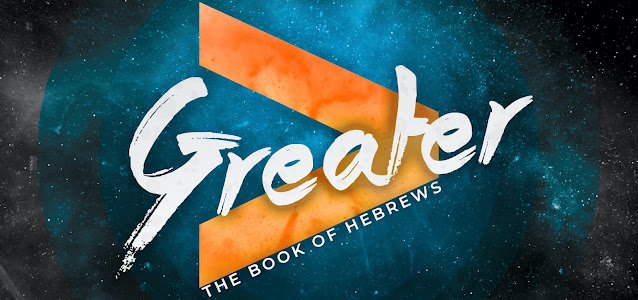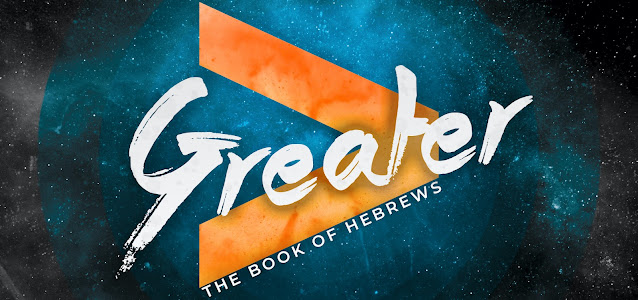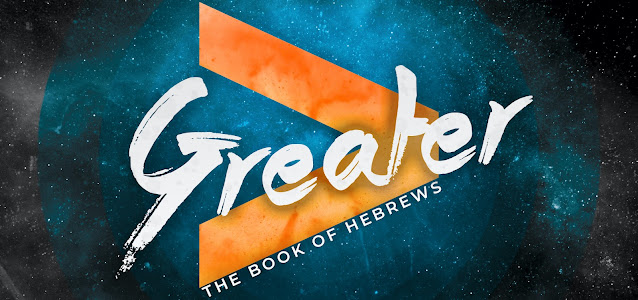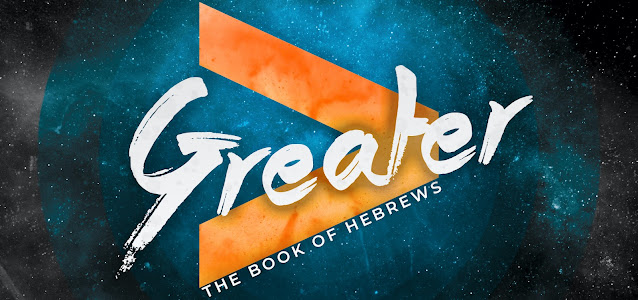In August of 2021 Coastline Bible Church started a brand new sermon series called: "Greater." For approximately five months we are going to study the book of Hebrews together. The book of Hebrews was written to a Jewish audience living in the first century. They are likely experiencing persecution and thinking about abandoning their faith. The author teaches us how Jesus is greater than: the prophets, angels, Moses, Abraham, the Law, the old covenant, and the high priest. We learn that Jesus is greater than anything that has preceded Him. For this series I volunteered to write the small group questions that go along with each sermon. It seemed like a waste to leave them in a file on my computer and not share them with everyone.
Small Group Questions | Evidence of Faith | Hebrews 13
For the last several months we have studied the book of Hebrews. Some people in the early church were considering walking away from their faith and returning to the Law of Moses. In the book of Hebrews, the author encourages them to stay strong in their faith. Through this book we have learned that Jesus is greater than anyone who has come before Him. We learned about how Jesus brought in a New Covenant. We learned about living out our faith on a daily basis. In Hebrews 13 the author talks about the evidence of our faith. Because of everything that has brought the early church to this point, the author ends by exhorting them to continue living strong in their faith.
1) In the introduction to the sermon we recapped the entire book of Hebrews. As you think about the book of Hebrews, what is one passage or chapter that helped you grow the most in your faith? What was so important in that section of Scripture?
2) Read Hebrews 13:1-6. The author offers us a number of ways to show the evidence of our faith. Read 1 Peter 4:7-10, Matthew 25:39, and Matthew 5:32. What area do you need to focus most on as you grow in your faith?
3) The author reminds us to not be consumed with money and find contentment in what we have. Read Proverbs 11:25, Romans 12:8, 2 Corinthians 9:6-11. What has changed in your life when you focus on being generous with your money?
4) Read Hebrews 13:7-9. The author is teaching us how to bless our leaders in the local church. Share with your group someone who invested in your life spiritually and what you would want to say to that person.
5) Next the author teaches us about submitting to the leaders in the local church. read Hebrews 13:17, Romans 13:5, and 1 Peter 2:13. How does our obedience to church leadership make it a benefit to us?
6) Read Hebrews 13:10-16. The author wanted the church to keep the praise of Jesus on their lips. Read Psalm 96:1, Psalm 98:1, Psalm 149:1. What is the new song that Jesus is teaching you to sing to Him as you live a life of worship?
7) The final encouragement we received is to live an equipped life (read Hebrews 13:20-21). Thinking about your walk with Jesus; what has equipped you the most in your faith and where would you like to continue growing?
Close your time in prayer. Pray for strength to invite a friend to meet Jesus.







